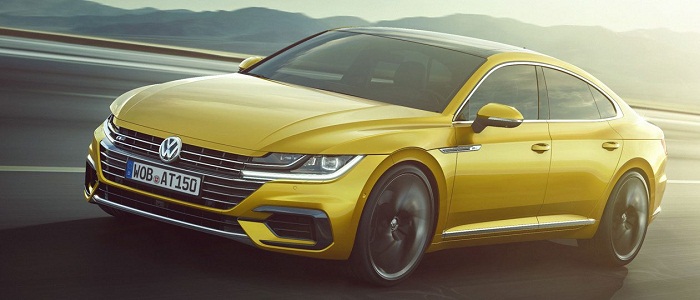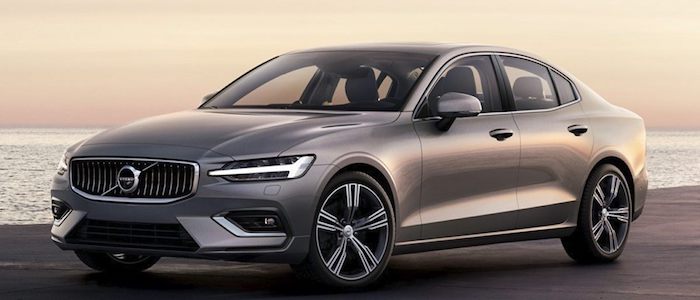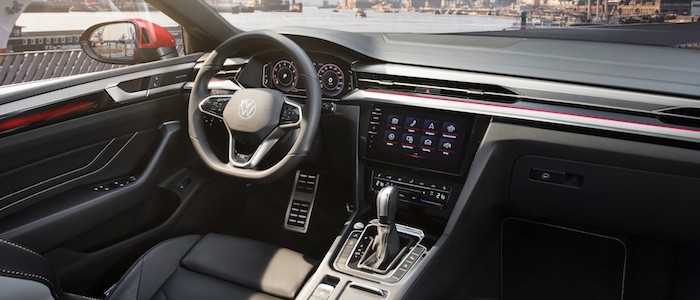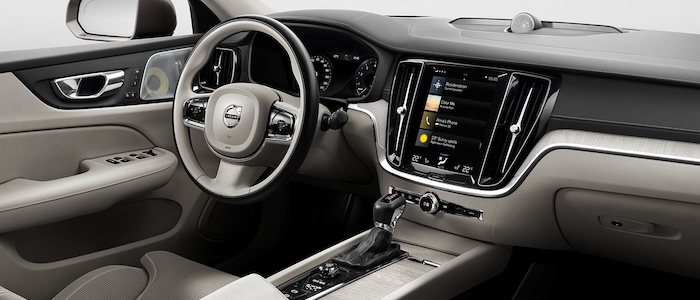Compare two cars
Compare any two cars and get our Virtual Adviser™ opinion
Dimensons & Outlines
Check vehicle history
Engine
Performance (manual gearbox)
Performance (automatic gearbox)
Expenses
Virtual Adviser's™ opinion
We are here considering two somewhat similar cars, but we can't deny some of the obvious differences. For a start, they are not even classified under the same segment, with the Volkswagen being a luxury car and the Volvo representing large family car vehicle class. The first one has a Volkswagen-engineered powertrain under the hood, a 4-cylinder, 16-valves 150hp unit, while the other one gets its power and torque from a 4-cylinder, 16-valves 190hp engine designed by Volvo.
SafetyA starting point here would be to take a look at the results from European New Car Assessment Programme (Euro NCAP) tests which were performed on both of the cars, with the same number of safety stars gained in the process. Moving further on, let's take a closer look at some additional safety-related facts. The first vehicle is a luxury car and that gives it a marginal advantage over the large family car competitor, at least that's what statistics show. On the other hand, when it comes to weight, a factor that most people underestimate, the Swedish car offers a considerable difference of 12% more metal.
ReliabilityI don't like generalizing things when it comes to reliability, although it does seem that both brands display similar results in faults and breakdowns, when all the models are taken into account. These are the results of an independent reasearch, while our visitors describe reliability of Volkswagen with an average rating of 4.2, and models under the Volvo badge with 3.2 out of 5. Some independent research have also placed Arteon as average reliability-wise, and S60 is more or less at the same level.That apart, owners of different cars powered by the same engine as the German car rank it on average as 4.8, while the one under the competitor's bonnet gets 3.0 out of 5.
Performance & Fuel economyVolvo is undoubtly more agile, reaching 100km/h in 1.9 seconds less than its competitor. Still, it lacks the power to win the top speed competition, topping at 220 kilometers per hour, 2km/h less than the other car. When it comes to fuel economy the winner has to be the German car, averaging around 5.1 liters of fuel per 100 kilometers (55 mpg), in combined cycle. We can't ignore that 27% difference compared to the Swedish car.
Verdict
Volkswagen appears just a bit more reliable, although the difference is truly marginal. The most important thing when deciding between any two vehicles should always be safety, both passive and active. In my opinion, everything taken into account, the Swedish car offers slightly better overall protection and takes the lead. It all continues in the same direction, with Volvo offering somewhat better performance, just enough to call it quicker. It does come at a cost though, and that's the fuel consumption... I believe that, when we take all into account, we have only one winner here - the Volkswagen. In any case that's my personal view, built upon all the data available to me. What should decide here though is the way you feel about the two vehicles, and I hope you'll find my guidelines useful in the process. In case you have two minutes to spare I invite you to define your needs, desires and budget and see which car would be chosen by the virtual adviser™, among more than 12.000 different ones in our database.
































